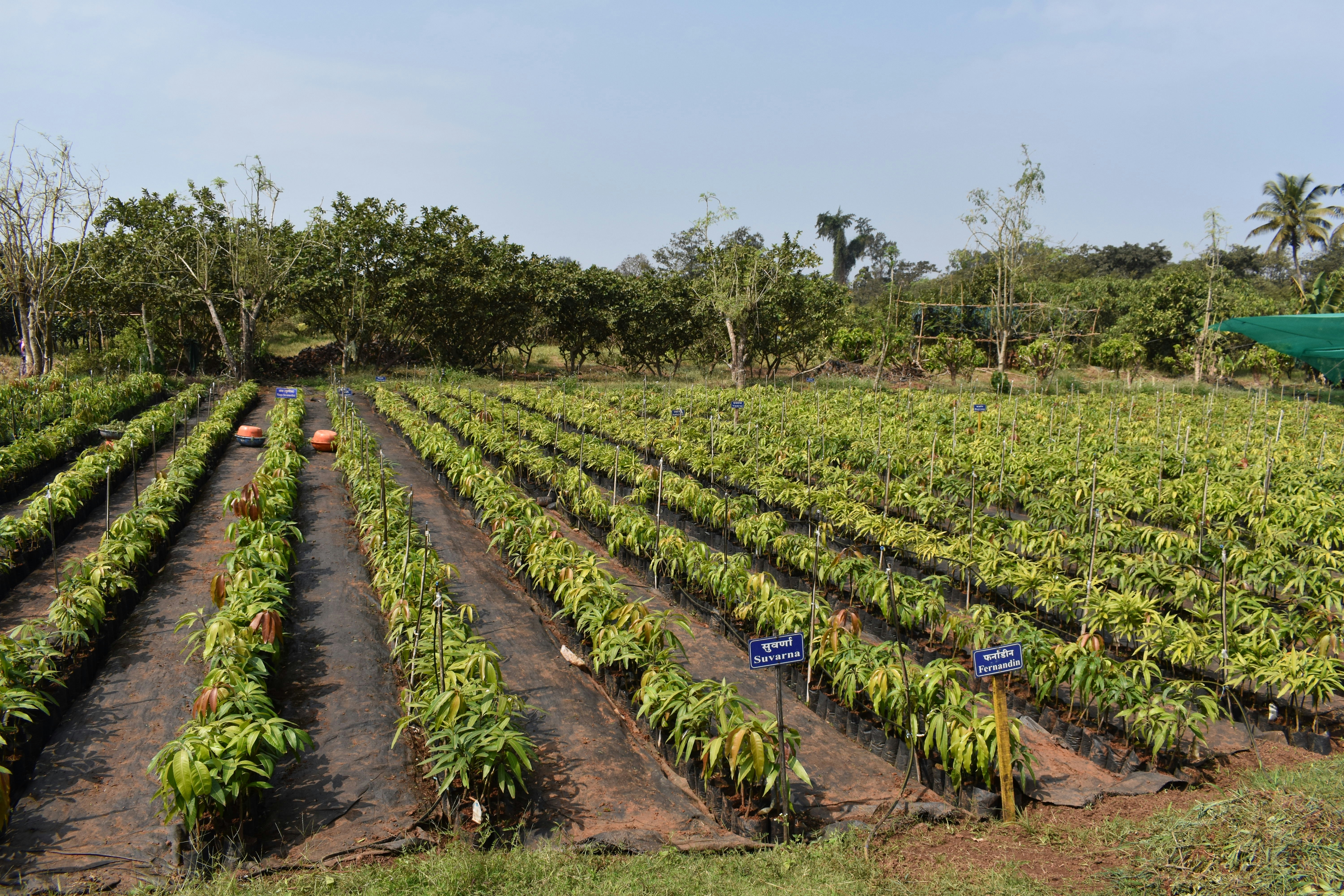What Are Molecular Markers?
Molecular markers are specific sequences in the genome that can be used to identify and characterize genetic variation. These markers play a crucial role in plant genetics, acting as tools for molecular breeding and genetic mapping. They provide insights into genetic relationships and help in the identification of traits linked to nutrient quality, disease resistance, and environmental adaptation in various plant species.
Types of Molecular Markers
Several types of molecular markers exist, each with unique features and applications. Below is a table summarizing some commonly used molecular markers:
| Marker Type | Definition | Application |
|---|---|---|
| RFLP | Restriction Fragment Length Polymorphism | Used for genetic mapping and diversity studies. |
| SSR | Simple Sequence Repeat | Useful in assessing genetic diversity and population structure. |
| DNA Barcoding | A method for identifying species using a short genetic marker. | Essential for species identification and taxonomic studies. |
Applications in Plant Breeding
The applications of molecular markers in plants are vast. They are integral to marker-assisted selection (MAS), enabling breeders to select desirable traits more efficiently. The use of molecular markers accelerates the breeding process, allowing for faster development of improved varieties that exhibit better yield, quality, and resistance to stresses. With advancements in genomic technologies, the potential of molecular markers continues to expand, providing exciting opportunities in plant improvement.


